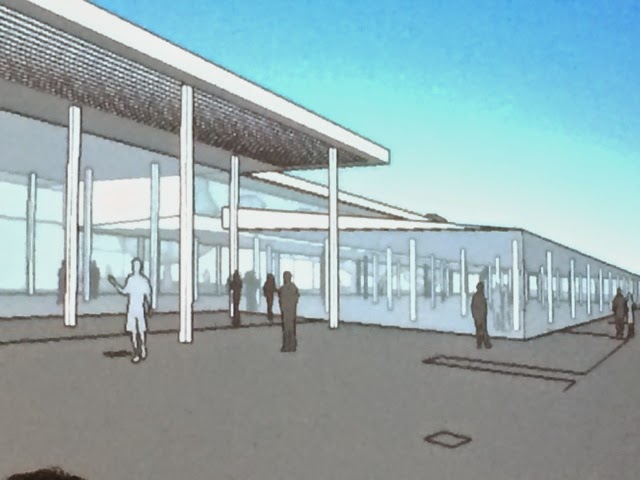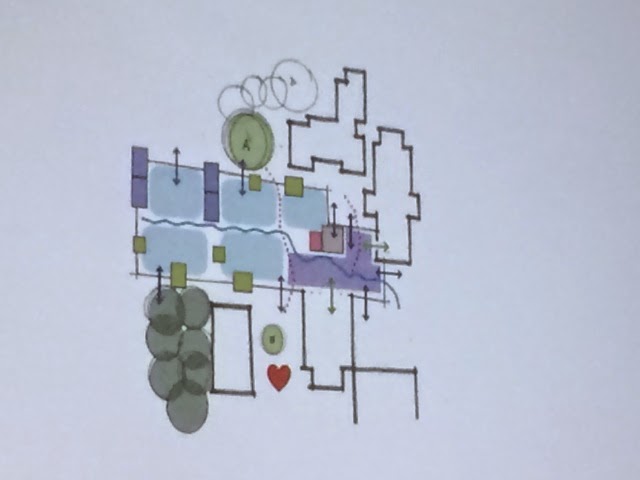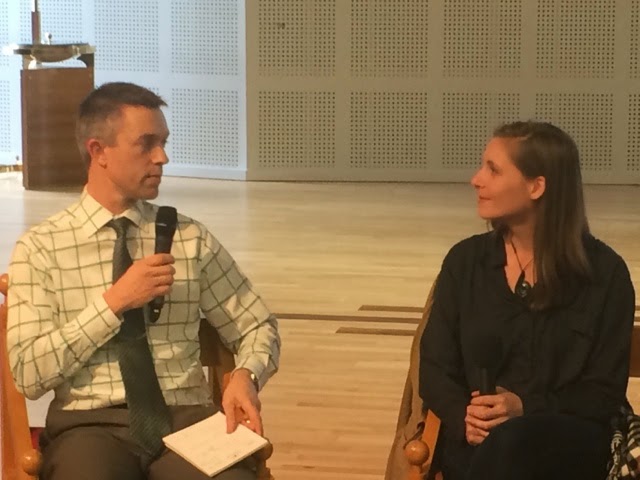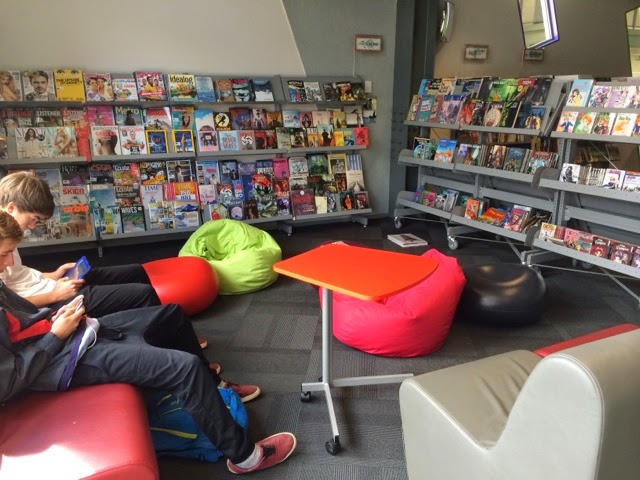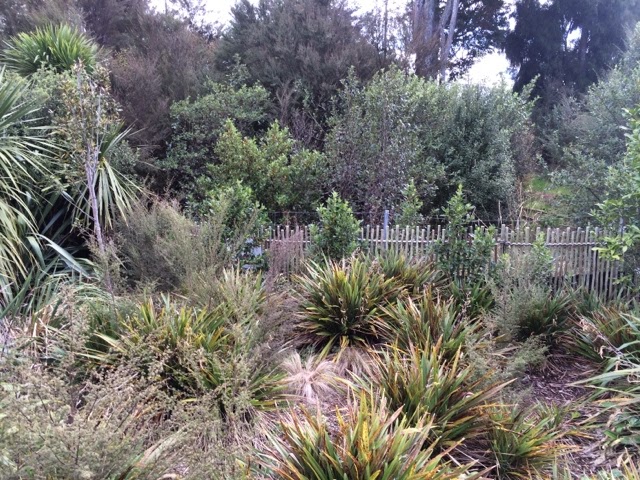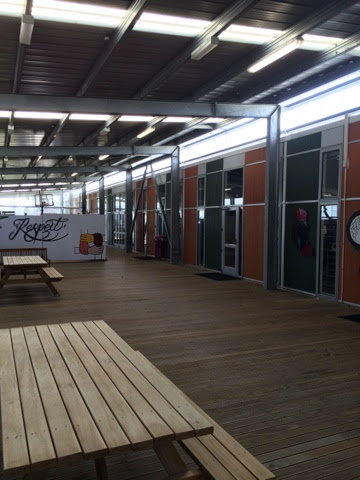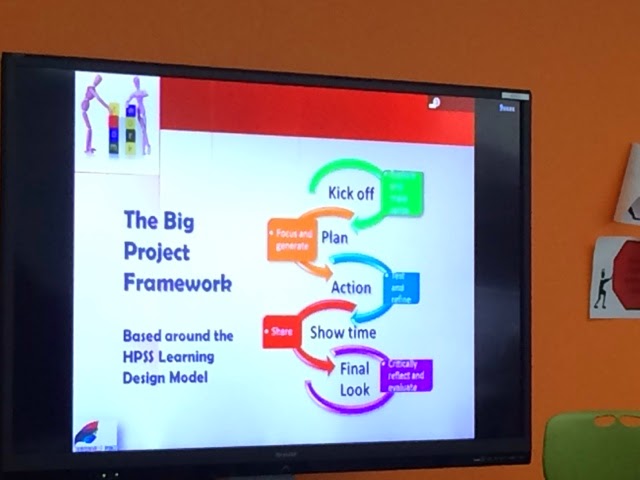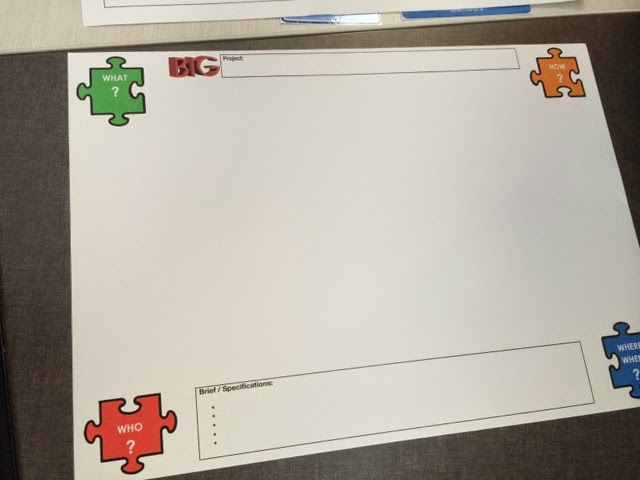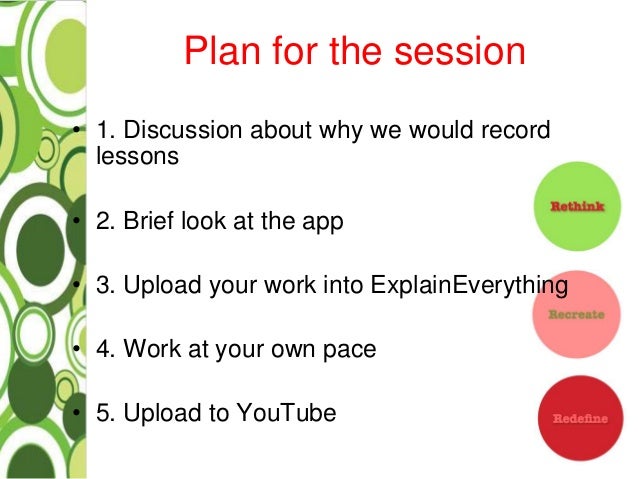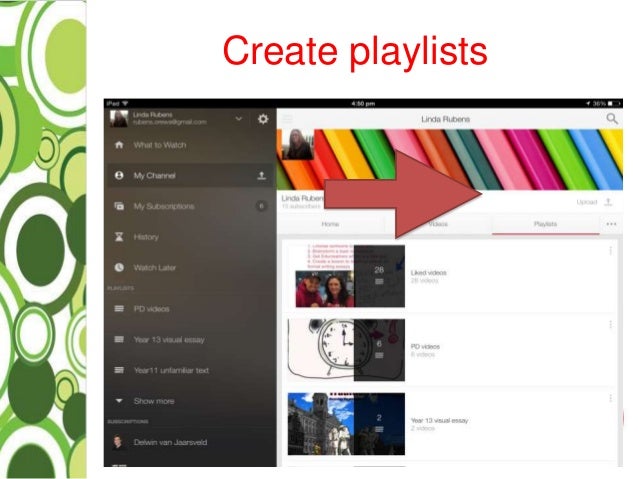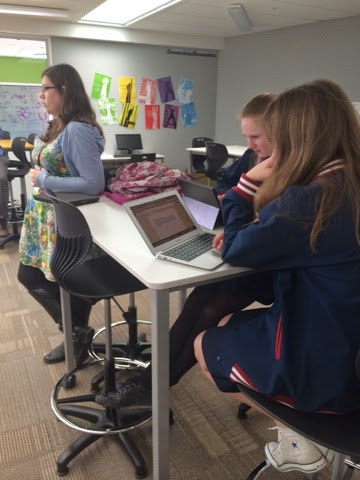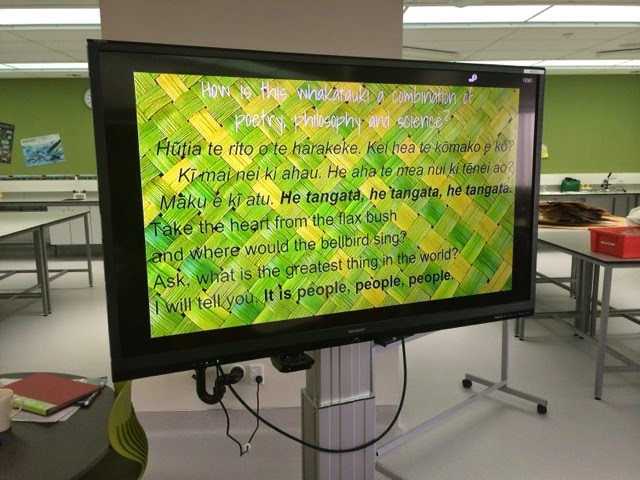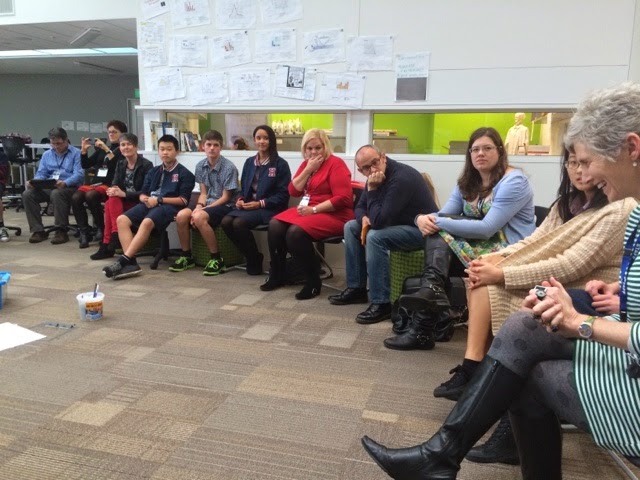Time: 5.40
Location: Chch airport
Destination: Auckland
Team: Peggy, Brian, Julia, Chris, Josh, Leanne and myself
Purpose: to scope out two new modern school buildings and some new approaches to teaching and learning
The Challenge - driving the rest of the tour party in a rental which took a lot of time to a) find the handbrake and b) close the doors!!!
Some of the things that stood out for me-
- all three schools had strong links with the community
- the students students confidently talked about their learning
AND
- all have a pastoral care system based on all teachers looking after a smaller number of students
Stop 1 - Hobsonville Point Secondary School
This is my second visit to this amazing educational location. Our new building is approximately a third of the length of this place.
HPSS built as a 'public private partnership' school (NOT a charter school) probably affords a quality that will not be matched by a Ministry build.
Valuable learnings to be made from not just the environment, but their approach to curriculum and pastoral care.
The Curriculum
- planning and team teaching - both take time to master
- technology is a great enabler
- the future of education
- integration not as easy in a single cell classroom - as it relies on numbers to make it work
- over a term or two staff have become better at using the one block a week - smarter
- Te Reo compulsory
- ideally by senior school - kids out as much as in - self directed
Big Modules
- 3 teachers - SS /Technology/ PE
- 64 kids - self selected ( eventually aimed at curriculum levels - some mixed levels some single level)
- kids quickly moved back into the main group - they have taken a bit of training to do this seamlessly
- team teaching an integrated curriculum not integrated teaching
High trust model
- self issue in library no alarms
- any shoes
- lateness
- kitchenette facilities
Linking school and private enterprise
- food technology - linked to good enterprise and cosmetics
- must link the learning to a real context
Thanks staff and students for sharing your time, enthusiasm and your facility.
Stop 2 - Albany High School
Thanks to Barbara and Kim for spending the time with us.
The thinking behind the space
- based on Doig, Gilbert and
- it's not if have talent but how you have talent
- all students are capable - just need to tap into that
- do less and do it well - 80 cr in 5 subjects - focus on Merit and Excellence endorsements
- focus in the important conversations - don't sweat the small stuff
The Pastoral Care Network
- all teachers except for Principal look after 15 students - 5 each if Yr 11, 12 and 13 - so only connecting with 5new students a year
- all pastoral and academic support - 2 x100 mins a week - students can use time to complete work
- teachers need training and mentoring to be able to do this well
- no Dean systems - the teachers are the Deans for 15 students
Interestingly the 4 DPs (for 700 students) have no split portfolios - all do all
Big Impact Projects
- when do students get a chance to do something they are really really into ?
- can be independent or part of a team
- more on site than initially
- these have developed over the 6 years
The school
Learning Commons - 3 classes in one space - small pods are likely to be removed
Cafeteria
Open plan art spaces
Big tables - high leaners
Library corners
Poetry corner
Indoor Outdoor Technology Flow
Planning and making side by side - design and build.
Senior Student Leadership Space
Great colour!
The noisiest place of the school - 3 levels of commons
and it was not that noisy
Outdoor courtyard flow
Environmental Space - lizard enclosure
Stop 3 - MIT Secondary Tertiary School
Fabulous to re-connect with Steve Samuela and to be back in South Auckland!
The covered deck areas add a huge amount of space to the learning areas.
The students were confident - and stayed well after 'school hours' to mix and complete work
Thanks Team SSTS MIT
Long day on the road !
Amazingly the traffic was kind to us - no hold ups on any of the motorways.

